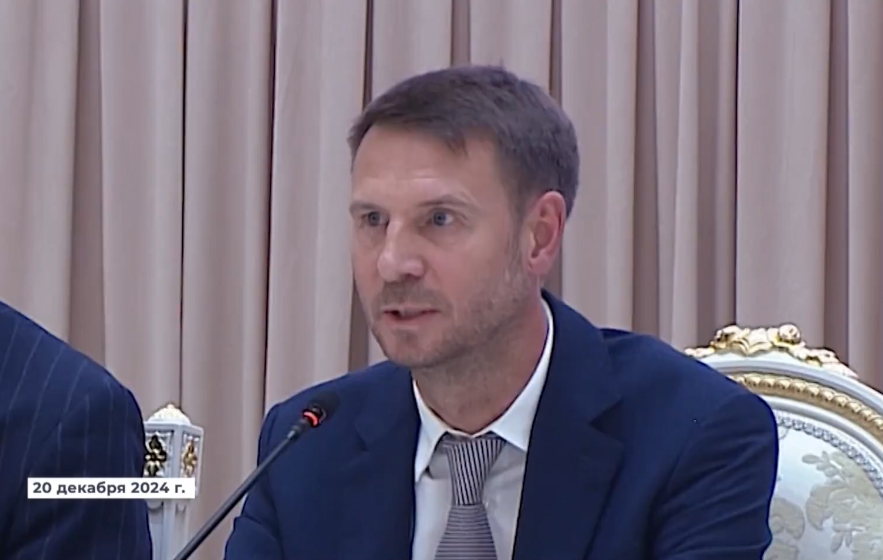This article is also available in:
Русский (Russian)
Uzbek
In Surkhandarya, a concerning project is being planned — the reconstruction of several sections of an international highway, during which 9,405 trees are expected to be transplanted. Experts are already warning that such a massive transplant could lead to an ecological catastrophe on a regional scale, and the trees will most likely not survive the transplant.
Why won’t the trees survive the transplant?
Transplanting trees is a complex and costly process that requires special preparation and skills. It is especially challenging to transplant such a large number of trees, and here’s why:
- Root system damage: For a successful transplant, the root system must be fully preserved, but with such a large number of trees over a vast area, this is almost impossible. Damage to the roots leads to the tree’s death because it will not be able to absorb enough water and nutrients.
- Time of year: The trees are currently in a vegetative state, and transplanting during this time causes them the most harm. Transplanting during active growth can lead to stress and the death of the trees.
- Climatic conditions of the region: Surkhandarya is a region with a hot climate, which further complicates the transplanting process. After transplanting, trees require constant watering and care, and without proper attention, they will simply dry up.
- Scale of the transplant: Transplanting such a large number of trees requires highly organized work. However, there is no guarantee that the project has the necessary infrastructure and resources to ensure the successful transplant.
What’s happening with the project now?
The Ministry of Ecology opposed the project, reminding that the country has a moratorium on tree felling and that crimes related to environmental damage and destruction or harm to wildlife are considered serious offenses. The ministry also recommended selecting areas for the project free of trees and making necessary adjustments to the reconstruction works.
Despite this, the project’s implementation is currently being reviewed by a government commission, as the Surkhandarya regional administration highlights the need to improve the road infrastructure to ensure people’s safety.
Heavy rains and mudslides have made roads and bridges in need of repair. The increase in the number of cars leads to traffic jams, creating transportation difficulties and increasing the number of road accidents. From 2022 to 2024, there were 54 traffic accidents in the region, resulting in 19 fatalities and 31 injuries.
In this regard, employees of the Surkhandarya Regional Department of Ecology are conducting studies to determine the condition, quantity, types, sizes, and value of trees in the area affected by the project.
An ecological catastrophe on the horizon
The destruction of more than 9,000 trees is a blow to the region’s ecosystem. Trees perform key functions: they purify the air, absorb carbon dioxide, and provide shade and cooling in a hot climate. The loss of this many trees will lead to deterioration in air quality, rising temperatures, and soil erosion, which will negatively affect the health of local residents and the ecosystem as a whole.
The project to transplant 9,405 trees is a gross violation of the region’s ecological balance, and society must demand a review of the project.
The text has been translated by AI. For more accurate information, please refer to the Russian version of the article











